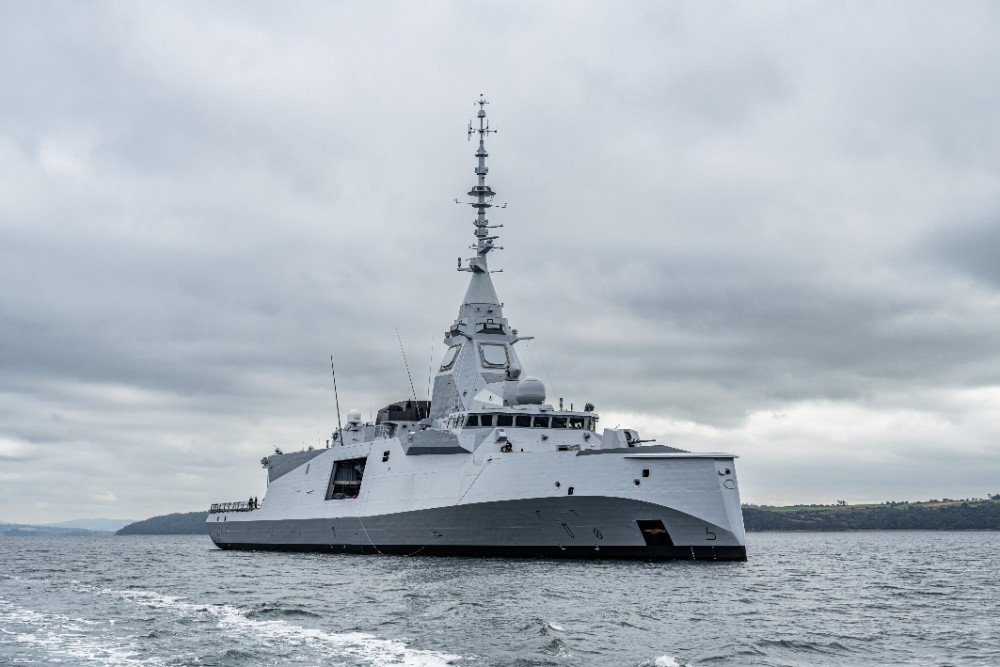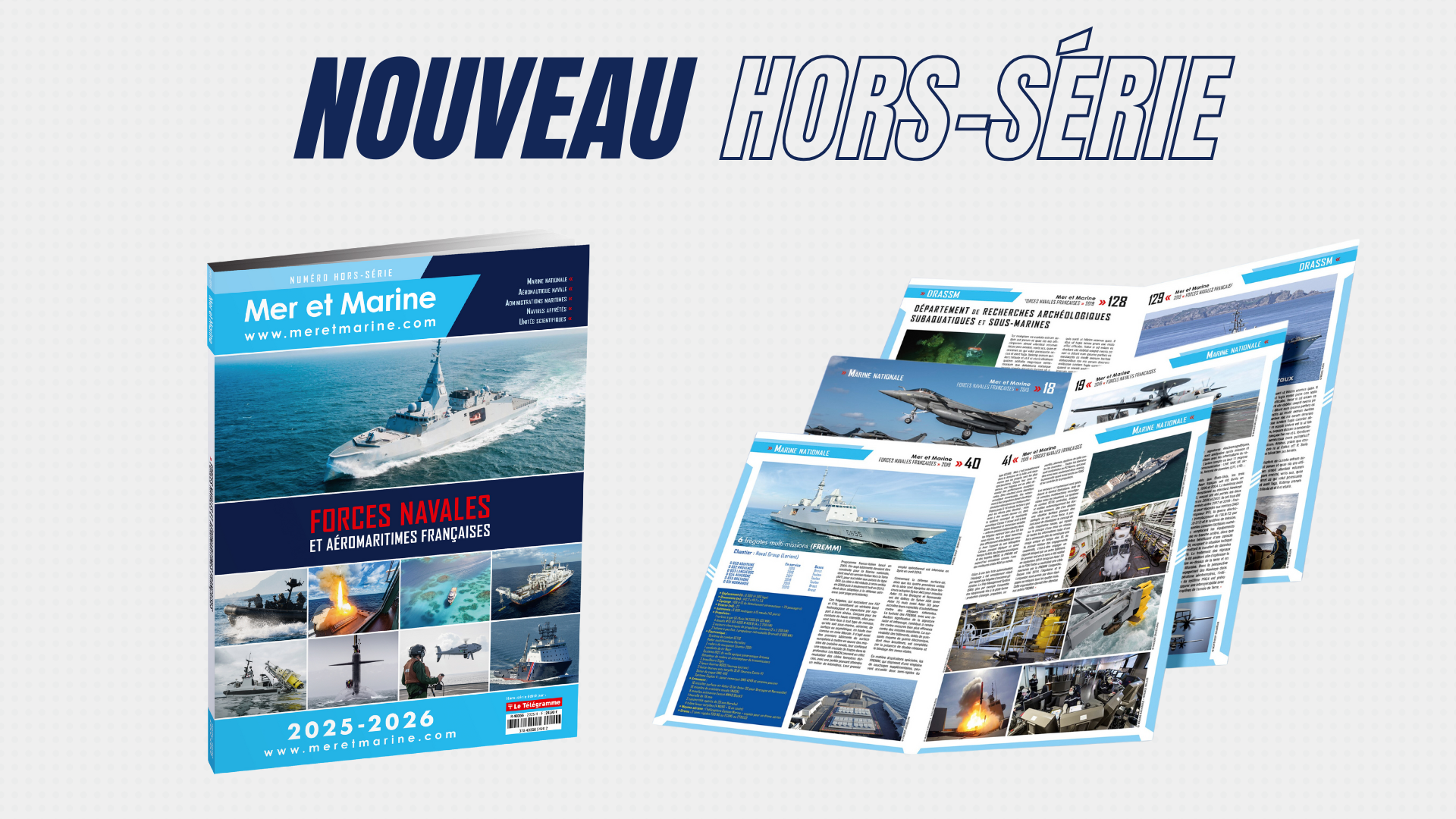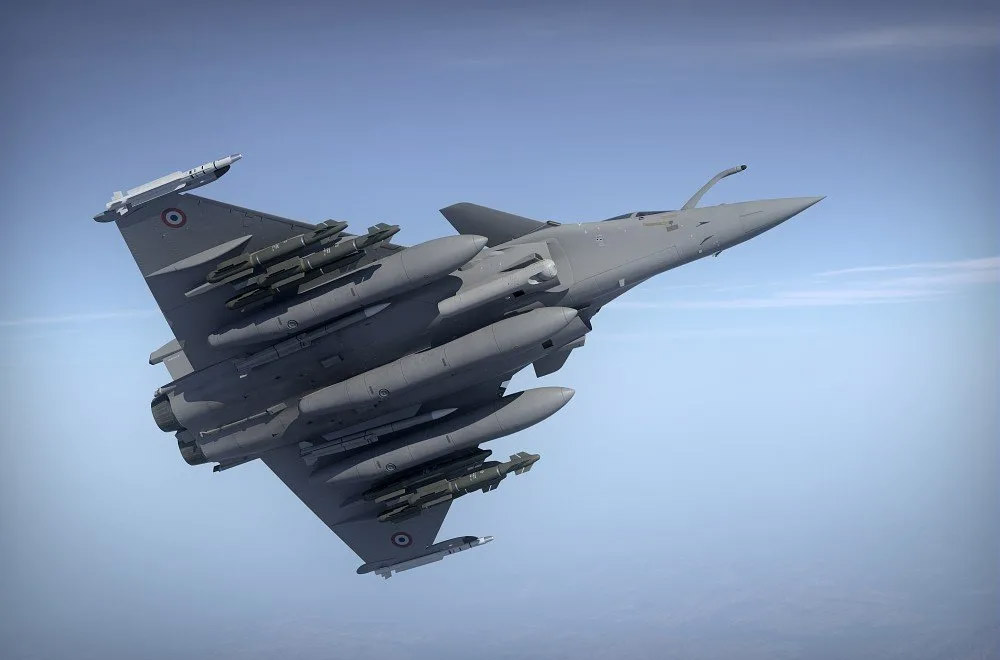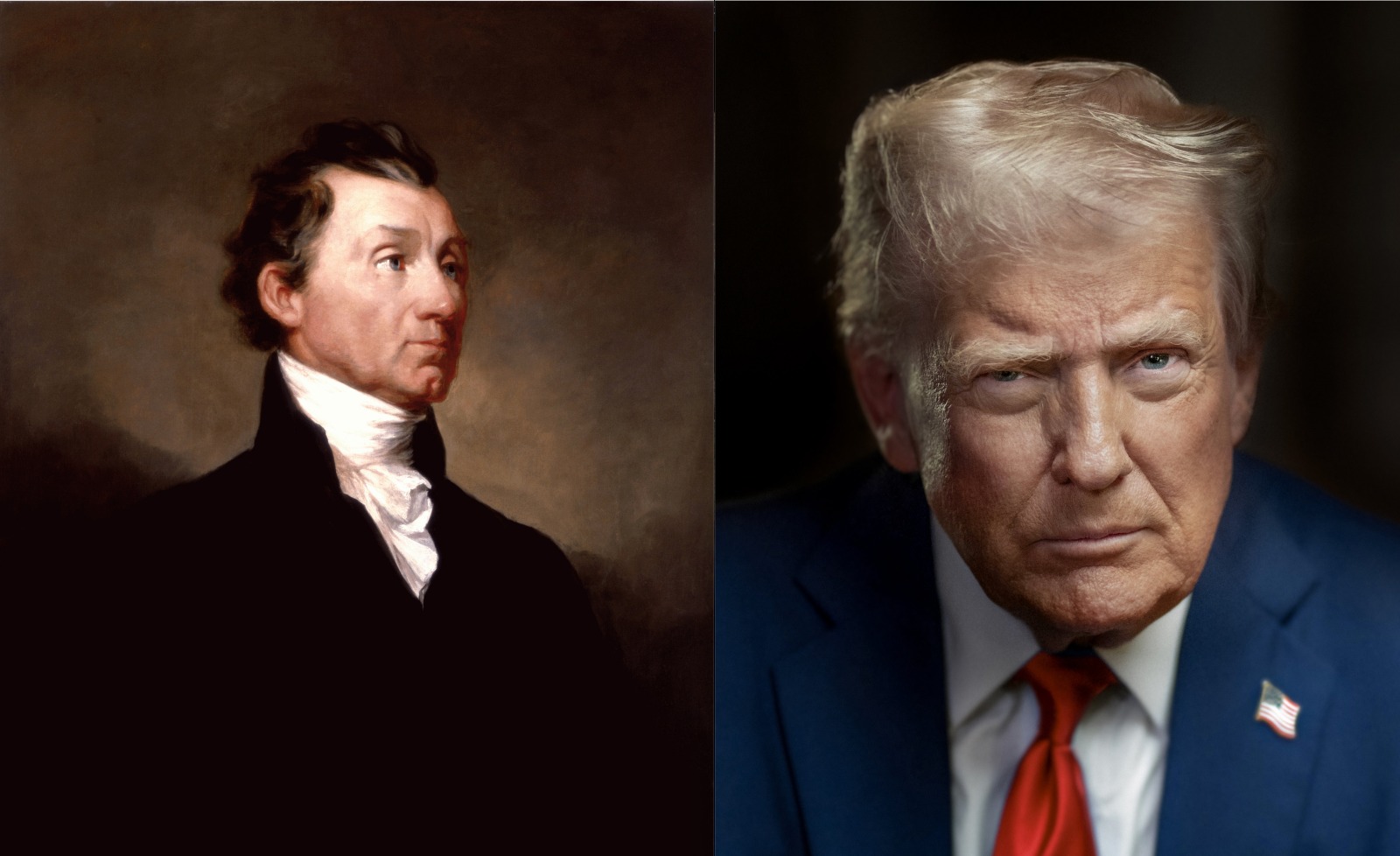With the ending of national military service, the training of senior civil servants in particular, and the future leaders of the nation in general, no longer includes military experience. This article attempts to evaluate the consequences and the possible risks inherent in this situation for the relationship between the civilian and military authorities, the adaptation of the upper echelons of the civil service to geopolitical developments, and the place of the Armed Forces in the nation’s life. It concludes that a reintroduction of some form of military experience in the training of future leaders is a necessity.
The senior civil servant and the Armed Forces
With the suspension of national military service, the graduates from the Ecole Nationale d’Administration (ENA) taking up their new posts now, and the majority of the nation’s new breed of managers1 have no other experience of the military institution than that gained during the mandatory few days of introduction to and familiarisation with defence. Is this near-total ignorance of the military world on the part of future senior civil servants, bearing in mind the responsibilities they will be expected to assume eventually, without consequences for the conduct of the nation’s business? Is this ignorance permissible in the conduct of France’s national and international policy? One can be excused for doubting it. This is why we will attempt in this article to evaluate the consequences and the possible risks inherent in this novel situation for those areas at the very heart of the conduct of the nation’s business–the relationship between the civilian and military authorities, the adaptation of the upper echelons of the civil service to geopolitical developments, and the place of the Armed Forces in the life of the nation.
Balance of power
The first question we must ask ourselves in examining the relationship between senior civil servants and the Armed Forces concerns the ‘balance of power’ between civilian and military hierarchies: is it healthy that the military should be permanently subordinated to a civilian authority that has no experience of the military sphere? Political theorists of course frequently link the pre-eminence of civilian over military authority to the necessity for the former to be familiar with military matters, in accordance with the notion that ‘those who hold in their hands the weapons of war are those who hold in their hands the life or death of the Constitution’,2 and that ‘no understanding exists between an armed man and an unarmed man, and it is illogical that the armed man should voluntarily obey the unarmed’.3 Classic political theory is at pains to separate civilian and military functions, and to lend legitimacy in military eyes to their subordination to the political authority. These have been the founding principles of modern states, and have never been totally absent from political reflection. Thus, General de Gaulle, in the particular context of preparation for war, attached the greatest importance to the quality of the relationship between the politician and the soldier. He accepted the traditional distance as a necessity,4 but one in which any excess should be limited by cultivating to the greatest possible extent an understanding between them. This preoccupation, amongst others, led him, in the Ordinance of 9 October 1944 which created the ENA, to enshrine for those future servants of the State the obligation to have completed their military service before beginning their studies.5 If these political principles might seem to many to be outdated, the fundamental idea, according to which a nation’s capability to react to danger rests on the quality of the links based on mutual esteem and confidence forged between politician and soldier, remains entirely valid. The increase in the numbers of civil servants within the Ministry of Defence, and their growing involvement in crisis management, which is changing the very style of military operations, makes this mutual confidence all the more vital. This is equally true for the European Union’s concept of defence. It is surprising, therefore, that no study has been undertaken of the consequences of the suspension of military service on the exercise by senior civilian officials of the responsibilities which place them in contact with or above the military authorities, when it is no longer certain that they are capable of telling the difference between a captain and a colonel.
This analysis is not founded on nostalgia for the ‘social dimension’ of national service. Regret for the lost benefits of ‘social intermingling’ which national service was alleged to confer on future technocrats is a commonplace, but of very dubious foundation. Certainly the role of national service as an instrument of national solidarity has been explicitly acknowledged since Lyautey. But today’s fashionable claims for this particular aspect are based on an idealised view of national service, arising from memories of the period from the introduction of obligatory military service in 1905, up to the end of the First World War, the only time when the different social classes were really intermingled, and which has acquired mythical status. After 1945 military service indeed retained its character as a special sort of meeting-point between social classes, but on a much more superficial level. So it is not its reintroduction which is going to palliate the rupture so often denounced between the elite and the people, a rupture which occurred in a generation where everyone went through the national service ropes.
The diplomat and the soldier
The real risk which could arise from the break between the military establishment and the governing elite is at a different level, that of their inability to adapt to changing international relations. The diplomatic world provides a powerful illustration. If inter-European relations are perfectly civilised nowadays, this is by no means always the case outside Europe, where, as Jean-Jacques Roche points out,6 the new world disorder has made obsolete the traditional hierarchy of those two symbolic figures in interstate relations, the diplomat and the soldier, which gave primacy to the civilian over the military figure. His analysis can be summed up as follows: whilst diplomats constructed the successful pacification of the globe on the basic principle of non-intervention, military intervention has now become the norm in the face of the proliferation of interstate conflicts. Diplomacy which refused, on principle, to deploy the military instrument would have little chance of success, the patent failure of European diplomacy in the Iranian nuclear dossier revealing that it was living in another era. Moreover, the emergence of threats not related to interstate relations (terrorism, mafias, guerrillas) means that the diplomat has less aptitude than the soldier for dealing with players who are completely out of the frame of classic diplomatic relations. Jean-Jacques Roche draws from these developments the conclusion that soldiers and the secret services are henceforth better equipped to deal with these new threats than the diplomats.
Training
This disavowal of the diplomatic role contains an element of provocation, but does none the less pose a legitimate question for European diplomacy: are diplomats adequately prepared to confront the dangers facing Europe? Two aspects of the problem should be discerned here: on the one hand one can contest the systematic preference accorded by Europe, often led by France, to negotiation and the juridical resolution of conflict, but this is a political choice. And this in no way negates the need for a diplomatic instrument, for which the military cannot act as substitute in the complex treatment of the new threats. Because of their transnational character these threats often demand the conclusion of multilateral juridical and financial agreements, for which diplomats are better trained. However, there is no doubt that the career profile of French diplomats tends to make them examine these new threats in an abstract way, with two inherent risks: one, of underestimating them, and the other of finding great difficulty in dealing with concrete situations. Incidentally, this formative background is no longer appropriate to the profile of a good number of their foreign counterparts, leaders and diplomats of states which carry weight on the world’s geopolitical chessboard, who have very often risen from the military ranks or have some military experience. The military institution has an important place in these societies and within the State apparatus. One can regret this and consider that it doesn’t contribute to the tranquillity of international relations, but it is a fact, a geopolitical reality which we can choose either to ignore or to take into account. It is, however, illusory to believe that we can spread across the planet the strategic culture of civilian primacy and the consensual model of conflict resolution which prevails in Europe. Complete ignorance of military matters on the part of France’s future diplomats, and in general terms of a majority of our country’s future senior civil servants and politicians, risks putting them increasingly out of phase with the realities of international relations. It is not so much technical competence which is at issue as cultural awareness and an understanding of the way the world is changing. After all, we expect our officers to acquire a civilian university degree before embarking on the second stage of their careers, particularly for those destined to become defence attachés. Why not apply the same criterion to the diplomats? A greater awareness of the military world on the part of senior civil servants, not the fruit of some outdated attitudes but of an adaptation to the real world, must surely be desirable. This is where the danger lies: the danger of an exclusively civilian culture at the helm of affairs of state, regarding the Armed Forces purely as a tool, more or less useful, but belonging to a remote world, unknown, redolent of folklore: the great 14 July show. The image of the soldier would quite simply vanish over the mental and cultural horizon of our nation’s decision-makers, other than as a decorative protocol figure, or in the role of assertion of sovereignty overseas, and as a justification of France’s seat as a permanent member of the United Nations Security Council.
An objection that could be made to the notion of military experience for senior civil servants arises from comparisons with Britain and the United States, where there is no military service obligation, unlike most European countries. In these two countries, national service has never acquired the force of the European continental tradition, and as a rule has been activated only in wartime. Conscription was dropped by the British at the beginning of the 1960s and by the United States in 1973. Senior government officials of both countries are not formally required to have military experience before assuming top-level responsibilities, in view of the existence of a professional army. However, the place of the military institution in both countries, where military or former military personnel are to be found in the highest echelons of the administration, does not allow a valid comparison with France. The United States has introduced a requirement for young men between the ages of 18 and 26 to register for ‘selective military service’, but with no obligation to serve other than on a voluntary basis. Moreover, both countries have increased the number of possible types of service with the reserves. But the big difference with France, where competitive entry to the administration, of which the ENA is a prime example, and constitutes a quasi-exclusive opening to a large number of senior administrative posts, is that the military establishment has achieved a deeper penetration of the upper levels of the British and American administrations. State culture, as a result, is imbued with the military contribution, without the need for any specific training of top civilian officials. In the light of these two examples, it has to be admitted that France is moving down the road towards a separation of the military and civilian worlds, for which the increase in operational and reserve strength would not appear to compensate, and which is set to leave its mark at the highest levels of the State. Is this situation compatible with the responsibilities and ambitions of France, which is still the world’s fourth military power?7
Is it therefore reasonable to imagine the reintroduction of some form of military experience into the career profile of senior civil servants? The example of the Ecole Polytechnique offers a useful startpoint: sometimes regarded as archaic, the training which devolves from its military status could well progress from being the exception to become the rule, at least in spirit. Currently, all students on entry undergo a three-week period of basic military training at Barcelonnette, followed by an officer cadet course lasting at least a fortnight. Subsequently, three-quarters of them complete a six-month formative period in a military posting, the other quarter in a civilian organisation ‘on the ground’. Beyond the fact that this training, in terms of both military and personal development, constitutes a thorough preparation for the conduct of future responsibilities, the students also receive civics training, and learn practical realities. Could this example be transposed to the ENA, even to other institutes and universities? There is no question nowadays of reintroducing a long period of military service, pointless in the context of professional Armed Forces. On the other hand there is no obstacle to envisaging a basic military training course of about one month’s duration, open to men and women, on the lines of the basic training undergone by reserve officers, and which could be replaced by a period of service in a civilian organisation on the ground in case of medical inaptitude or from personal choice.8
The likely benefits of such minimal military experience for senior officials and future leaders are important: preparation for the exercise of future responsibilities, mutual understanding and confidence between the civilian and military worlds, personal development and awareness of the changing world. In the final analysis, one might assume that this was a question exclusively for France’s ‘top people’. On the contrary, it is a seminal question, touching our shared future: the question of the meaning of the Army-Nation link, and the place of the military establishment in the nation’s life. At a time when we are asking ourselves how that link can be sustained, it is the moment for elite groups to set an example: one cannot simultaneously proclaim the need to diffuse an awareness of the nation’s defence needs and dispense those who will have the conduct of the nation’s affairs in their hands from any military experience.
1 With the exception of graduates from the Ecole Polytechnique.
2 Aristotle, Politics, VII, 9, 1328-b.
3 Machiavelli, The Prince, ch. 14.
4 ‘A sort of equilibrium of tendencies is necessary in the State, and one can discreetly approve the fact that those who govern and those who fight feel a certain distance between them’; The Edge of the Sword.
5 This tradition came to an end without any reaction other than that of a former student, Jacques-André Lesnard, in an article published in the ENA Review in May 1996, who expressed anxiety that entire classes leaving the Ecole Nationale d’Administration ‘might have no knowledge of the military institution beyond what they have read’.
6 ‘The diplomat and the soldier: a new hierarchy’, article published in Le Figaro of 16 December 2005. Jean-Jacques Roche is a Professor at Paris II, president of the Association of University Defence, International Relations and Security Training; author of Relations internationales (Paris:Montchrestien, 2005).
7 With a defence budget of some $45 billion in 2005, France is fourth in world ranking, behind the United States, Russia and China. Source: RAMSES 2006.
8 Note the organisation, this year, jointly by the ENA and the Ministry of Defence’s Secretariat-General for Administration, of a day of army demonstrations at the Mourmelon training area, for the benefit of the ENA Class of 2005-07.








